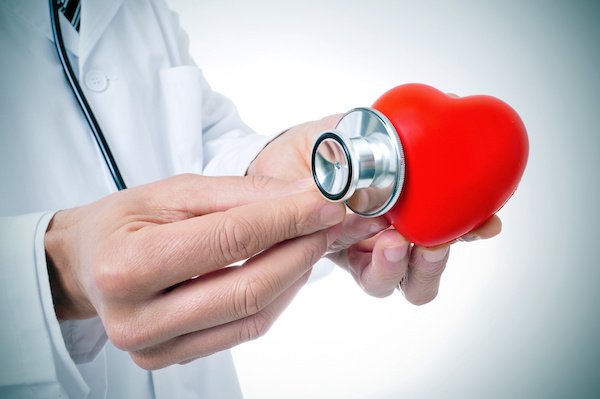
MONDAY, April 12 (HealthDay News) — A new study in rodents suggests that antidepressants and mood stabilizers might help people recover from stroke.
The drugs have been linked in rodents to a growth of brand-new neurons — a change in the nervous system that reduced the severity of the strokes the lab mice experienced.
It’s too early to tell if the drugs will have any effect on human stroke patients, but scientists say they’re curious because their study showed that the growth of new brain cells helped mice recover from the effects of stroke.
Researchers at the Buck Institute for Age Research in Novato, Calif., studied mice that were genetically engineered to either grow new brain cells prior to a stroke or fail to grow them. Those who did develop the fresh neurons tended to have smaller strokes and recover more easily, although it’s not clear why.
The researchers didn’t test drugs on humans that appear to boost the growth of new brain cells, but they believe that notion is worth studying.
For the time being, should doctors consider prescribing these drugs after a stroke to help patients recover? “Everything has potential side effects,” cautioned senior author Dr. David Greenberg, a faculty member at the institute. “Even taking something as seemingly innocuous as an antidepressant carries the possibility of making someone worse. These drugs need to be tested in a controlled clinical setting.”
The study appears in this week’s issue of the Proceedings of the National Academy of Sciences.
More information:
For more background, see the U.S. National Library of Medicine’s article on stroke.
.

